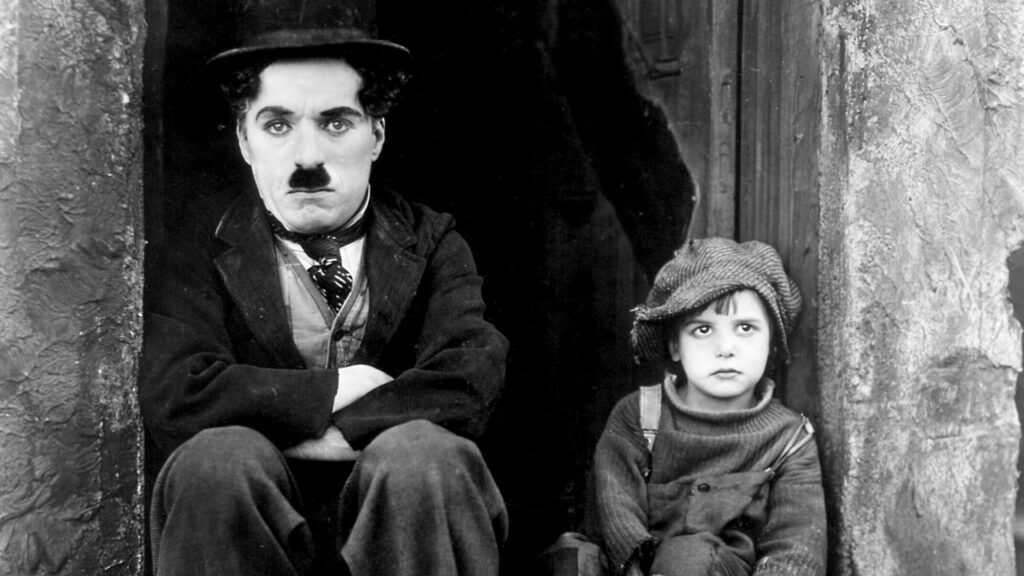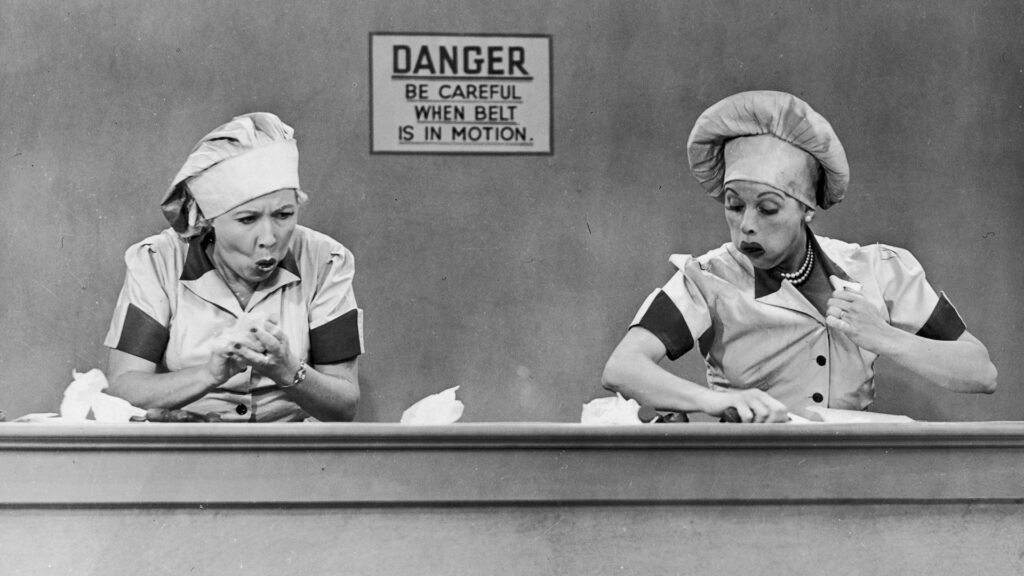I taught an improv workshop this week called “Silly is Serious.” I thought of the title before I thought through the concept, but it was rooted in idea that to allow yourself to be silly is important. In my many years of teaching improv and circus arts, I have noticed that it can be quite challenging for adults to let go and be silly, to play freely for the sheer joy of it.
But the more I thought about it, the more I realized that “Silly is Serious” can mean two different things, and I agree with both.
- Goofy playfulness is a very important ability for a good improviser to have.
- The best silly characters are portrayed respectfully with earnest sincerity.
I want to examine both ideas, but let’s start from the beginning:
BEING SILLY IS HARD (but it shouldn’t be)
In many ways, I equate silliness with play (and for the record, “play” is one of the most fundamentally under-appreciated aspects of learning, and growth, and just plain being alive that I can think of! As important as emotions, and thumbs, but that’s a topic for another time.) In fact, the word “play” could be substituted for “silly” throughout this post, and I bet I would still agree with it 100%. It’s hard for adults to play and it’s hard for adults to be silly. As a former middle school teacher, I can tell you that it starts as early as 6th or 7th grades, and honestly much sooner than that. We live in a society that teaches it out of us. Silliness is not cool. Silliness is not respectable. Silliness is a foolish waste of time. In other words, it feels unsafe to be silly and makes us feel incredibly vulnerable when we do so. But this vulnerability is exactly what gives it its power.

The ability to be vulnerable on stage is a strength for any performer. In my opinion, it is the thing that separates a good performer from a great one. When someone opens a part of their Self and puts it on display on a stage—whether it be in front of an audience of 5 or 50,000—they can connect with people on a deeper level than someone who is merely being impressive.
We love the impressive. It’s what get us out of the house (or in front of the TV). We go see people do things that we can’t do and often things we wish we could do. An audience that leaves a show impressed is a good thing.
But when the performer is available, vulnerable, sharing a piece of themselves with the audience, the audience connects with the performer, they can recognize parts of themselves within the performer. Within your performance they find connection. That’s powerful. Then they are not only witnessing that impressive act, but they also feel connected to it. They can be changed by it.
A great comedic performer can transform how an audience sees the world, using humor to change minds and infuse a bit of silliness into their lives. A great comedic performance can be a simple reminder that, when you think about it, life is pretty goddam silly. And ultimately, this playful impact puts everybody in the room—performers and audience alike—into the shared present moment, a communal flow state. In this connection, a nearly symbiotic relationship forms between performer and audience. Beautiful.
Which brings us to the second meaning of “Silly is Serious”:
SILLY CHARACTERS DON’T THINK THEY’RE SILLY
The best villain characters are complex and nuanced. They don’t think of themselves as villains. They are just doing their best to do what they think is right. A good comedic character is the same. A silly character doesn’t think they’re silly. It’s just how and who they are. Pee-Wee Herman, Phoebe Buffay, Carlton Banks, Mr. Bean, Lucy Arnaz, and Chaplin’s The Tramp are just a few famous examples.

The actors know it’s silly, but the characters do not, and so they aren’t delivering the lines as if they think they’re funny. They deliver the lines with sincerity. It makes us care about them while we’re laughing with them which makes their antics even more endearing and funnier on a deeper level. Once again, the audience feels connection.
I think this is what is meant in all those improv classes where they tell you: “don’t try to be funny!” even though you’re in a “comedy” theater performing “comedy,” which I address in more detail in this <post>, so I won’t go into it in too much detail but it discusses the idea that:
ALL LAUGHS ARE NOT CREATED EQUALLY
I’m not suggesting that there isn’t room for all of the comedy. The more the merrier. I love a good one-liner and appreciate a pun as much as the next person. There’s room for everything. I just happen to think that the art of long-form improv is particularly suited for deeper and more vulnerable connection and if you:
- Trust the process.
- Don’t go for laughs.
- Listen/Pay attention.
- Can be authentic.
- Connect with your Self, connect with your scene partners, and connect with your audience.
You will surprise yourself by what you discover and what you are capable of and you will delight in the great cosmic accidental silliness of it all.
It’s that simple.
<wink, wink, nudge, nudge, he said knowingly>
